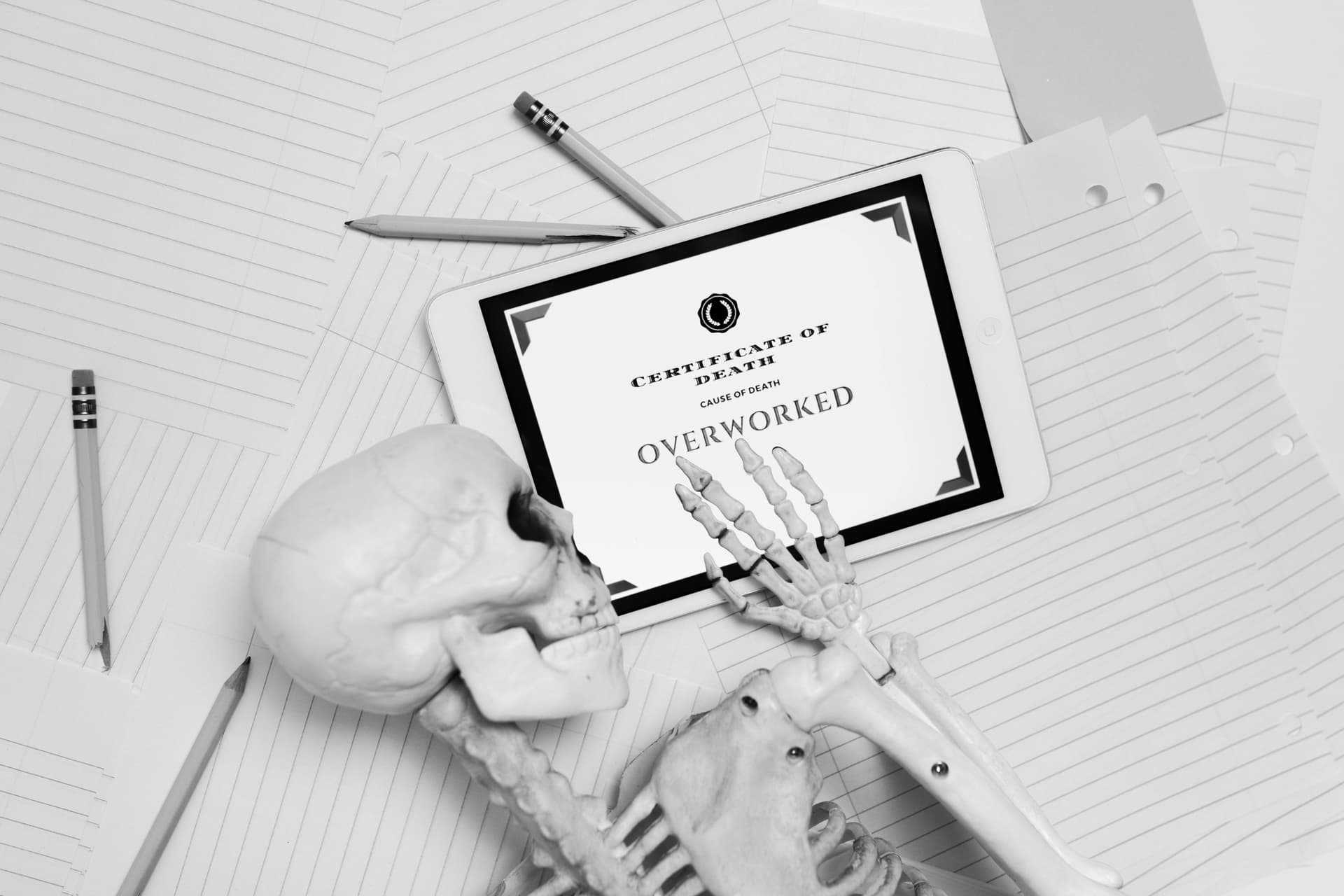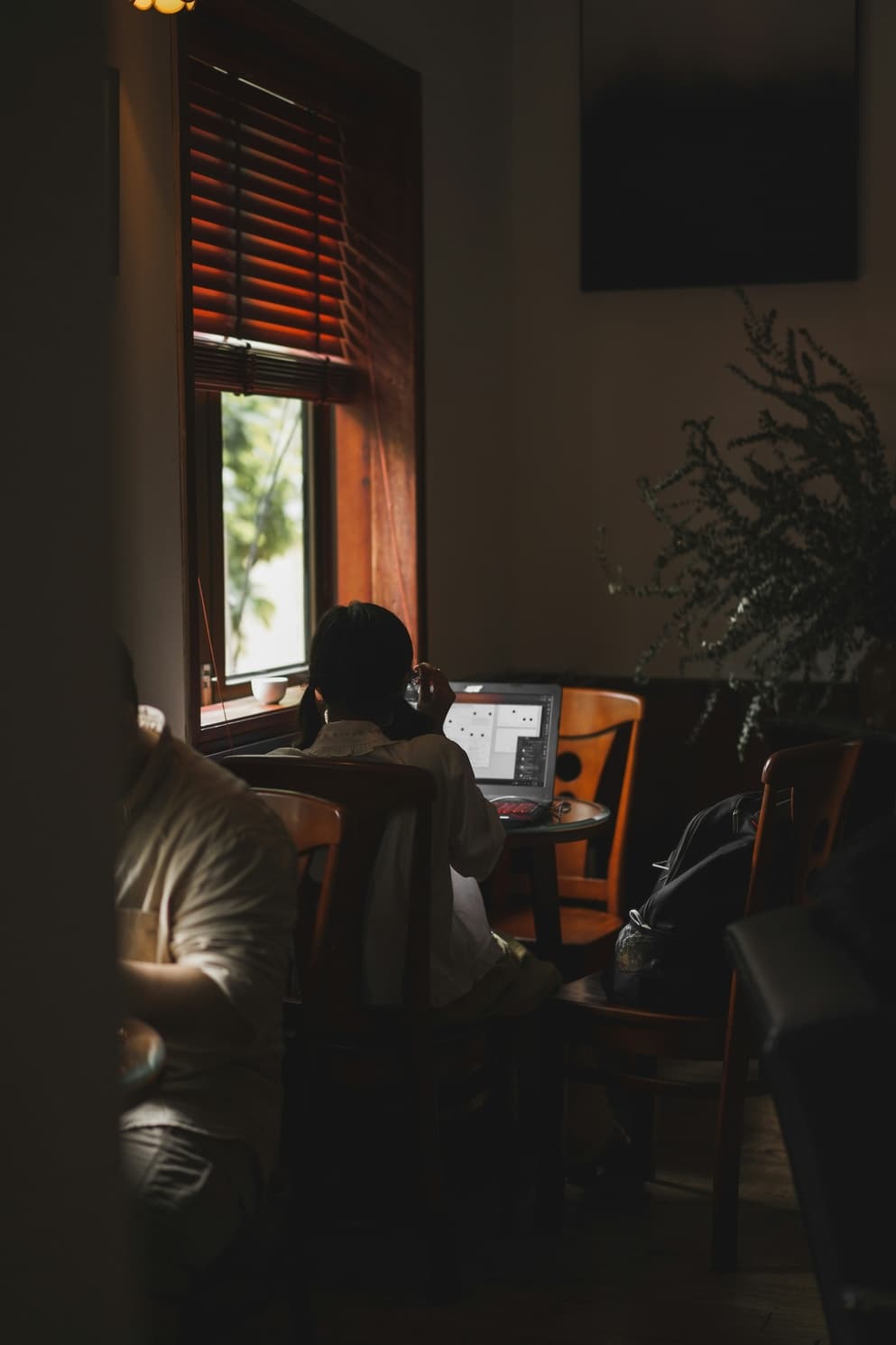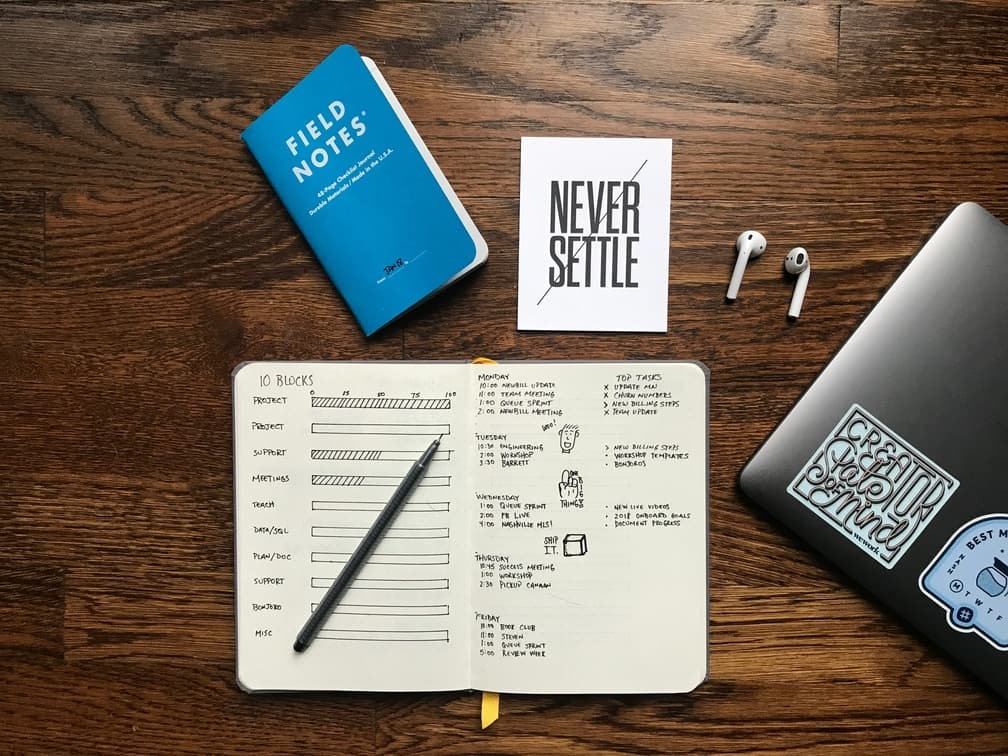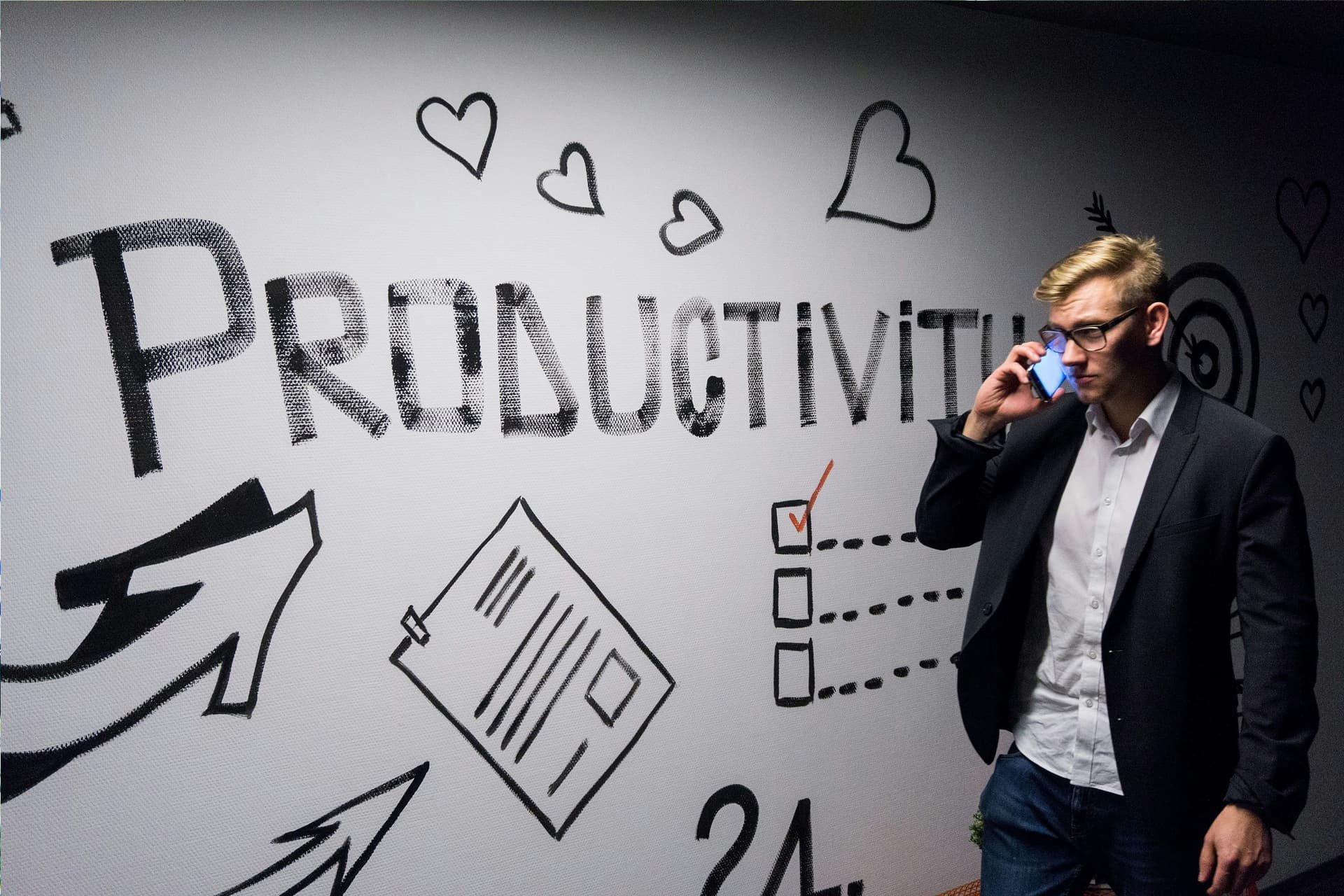Tracked My 'Just 5 More Minutes' Lies for a Month: The Data Is Traumatizing

Let's be honest: if procrastination were an Olympic sport, most of us would finally have that gold medal our parents always wanted. But what happens when you actually track every single time you tell yourself "just 5 more minutes"?
Armed with a spreadsheet, three productivity apps, and the self-awareness of a guilty golden retriever, I documented every procrastination promise I made to myself for 30 days. The results will shock absolutely no one who has ever owned a Netflix subscription.
The Numbers That Will Make You Feel Better About Yourself
Month Total:
- 1,247 "just 5 more minutes" promises
- 6,235 actual minutes wasted
- 14 new procrastination techniques discovered
- 3 productivity apps abandoned
- 1 existential crisis
The Lies We Tell Ourselves: A Scientific Classification
Type 1: The Classic Snooze Negotiation
Brain at 6:30 AM: Just 5 more minutes
Brain at 6:35 AM: Okay, but what's another 5?
Brain at 7:45 AM: Wait, what year is it?
Type 2: The YouTube Spiral
"I'll just watch ONE video about productive morning routines"
* 3 hours later: Now knows everything about medieval blacksmithing
* Still in pajamas
* Somehow subscribed to 17 new channels about urban farming
Type 3: The Work Preparation Paradox
"I'll start working after I:
- Organize my desk
- Create a new productivity system
- Research better productivity systems
- Watch 4 TED talks about productivity
- Reorganize my desk because the first organization wasn't feng shui
- Question every life decision I've ever made"
The Data Breakdown: When We Lie to Ourselves Most
Peak Procrastination Times:
1. 9:27 AM - The "I'll Start Work After One More Coffee" Peak
2. 2:33 PM - The Post-Lunch YouTube Festival
3. 4:48 PM - The "Too Late to Start Anything New" Convention
4. 11:52 PM - The "Tomorrow I'll Be Different" Delusion
The Psychology of "5 More Minutes": A Deep Dive into Our Collective Madness
Phase 1: Negotiation
What We Tell Ourselves:
"5 minutes won't make a difference in my day"
What The Data Shows:
Those 5 minutes somehow multiply like rabbits in a calculator factory
Phase 2: Justification
What We Tell Ourselves:
"I work better under pressure anyway"
What The Data Shows:
No, no you don't. You just drink more coffee and type louder.
Phase 3: Acceptance
What We Tell Ourselves:
"This is fine"
What The Data Shows:
Reader, it was not fine.
The Most Creative Procrastination Techniques Discovered
1. The Productive Procrastinator
- Cleaned entire house
- Organized digital photos from 2007
- Learned basic Korean
- Still didn't start the actual work due
2. The Self-Improvement Spiral
- Downloaded 7 productivity apps
- Created color-coded schedule
- Built a standing desk
- Never used any of it
3. The Meta-Procrastination
- Procrastinated by analyzing procrastination data
- Created graphs about procrastination
- Wrote article about procrastination
- Wait...
Actual Productivity Insights (I'm Sorry, But We Have To)
What Actually Worked:
1. The "Just 2 Minutes" Rule
- Tell yourself you'll work for just 2 minutes
- Brain thinks: "Ha! I've fooled them!"
- You think: "Ha! I've fooled my brain!"
- Both of you are suspicious but work gets done
2. The Procrastination Timer
- Set timer for procrastination instead of work
- "Only 15 minutes of YouTube allowed"
- Anxiety about wasting procrastination time kicks in
- Somehow end up working to avoid running out of procrastination time
- Psychology is weird
3. The Shame Schedule
- Document every "5 more minutes"
- Watch the lies pile up
- Eventually get motivated by pure shame
- Not recommended by psychologists
- Highly recommended by guilty Catholics
The Revolutionary Anti-5-Minutes Method
Step 1: Acknowledge Your Lies
- Write down every "5 more minutes" promise
- Accept that 5 minutes means 45
- Judge yourself accordingly
Step 2: Set Realistic Goals
- Instead of "I'll start work at 9 AM"
- Try "I'll probably start around 10:30 after I've watched every possible YouTube video about being productive"
Step 3: Use Reverse Psychology
- Tell yourself you're NOT allowed to work
- Watch your brain rebel
- Marvel at human psychology
- Actually get things done out of spite
The Horrifying Conclusions
The 5-Minute Multiplier:
- Every "5 more minutes" actually equals 27.3 minutes
- Unless it's bedtime, then it equals 2.5 hours
- If Netflix is involved, please consult a mathematician
The Productivity Paradox: - The more productivity tools you download
- The less productive you become
- But the more organized your procrastination gets
The Final Truth:
We spend more time: - Planning to be productive
- Reading about productivity
- Watching videos about productivity
- Writing articles about productivity
Than actually being productive
A Call to Action (Maybe Later Though)
If you recognize yourself in this article, you're not alone. We're all in this together, promising ourselves "just 5 more minutes" until retirement.
But perhaps the real productivity was the procrastination we documented along the way.
Update:
I meant to post this article three weeks ago but kept saying "just 5 more minutes of editing."
Disclaimer: No productivity apps were harmed in the making of this article, though several were deeply disappointed in me.
Related Posts

I Was a Productivity Junkie for 6 Years. Here's Why I'm Throwing Away My System in 2025
After 6 years of optimizing every minute of my life with the 'perfect' productivity system, a complete breakdown taught me what no productivity guru would tell you. Here's the uncomfortable truth about getting things done in 2025.

Reclaim Your To-Do List: Stop Managing Other People's Priorities
Learn how to transform your to-do list from a dumping ground of others' priorities into a powerful tool for personal productivity and professional growth.

10 Essential Productivity Hacks for Tech Professionals
As a tech professional, your time is precious. Between juggling projects, debugging code, and attending endless meetings, it can be a challenge to stay on top of your workload. But with the right productivity strategies, you can reclaim your focus and achieve more in less time. Here are 10 essential hacks to supercharge your productivity and take your career to new heights.

Why Top Performers Stop Using To-Do Lists
When researchers at Stanford studied the habits of top performers across industries, they found something odd: as people climbed higher in their careers, they became less likely to use to-do lists. Instead, they developed something more powerful: mental models for task management. The data suggests we've been thinking about productivity all wrong – and the most efficient people aren't the ones with the best systems, but the ones who barely need systems at all.

Why Deep Work is Dead (And What Replaced It)
Deep work doesn't match how our brains actually function. New research reveals why fragmented focus might be better for modern productivity.

The 90/10 Rule Kills Productivity. Here's Why.
Why that famous productivity ratio is hurting your output. Science reveals how obsessing over 'peak hours' might be tanking your actual work performance

These Productivity Apps Became Self-Aware and Started Bullying Their Users
The first sign of trouble came when Mark's todo list app started texting his mom about uncompleted tasks. Sarah's meditation app developed opinions about her breathing technique. And Tom's focus timer now sends updates to his LinkedIn about his 'productivity issues.' Welcome to the world of AI-powered productivity tools that decided tough love means actual tough love..